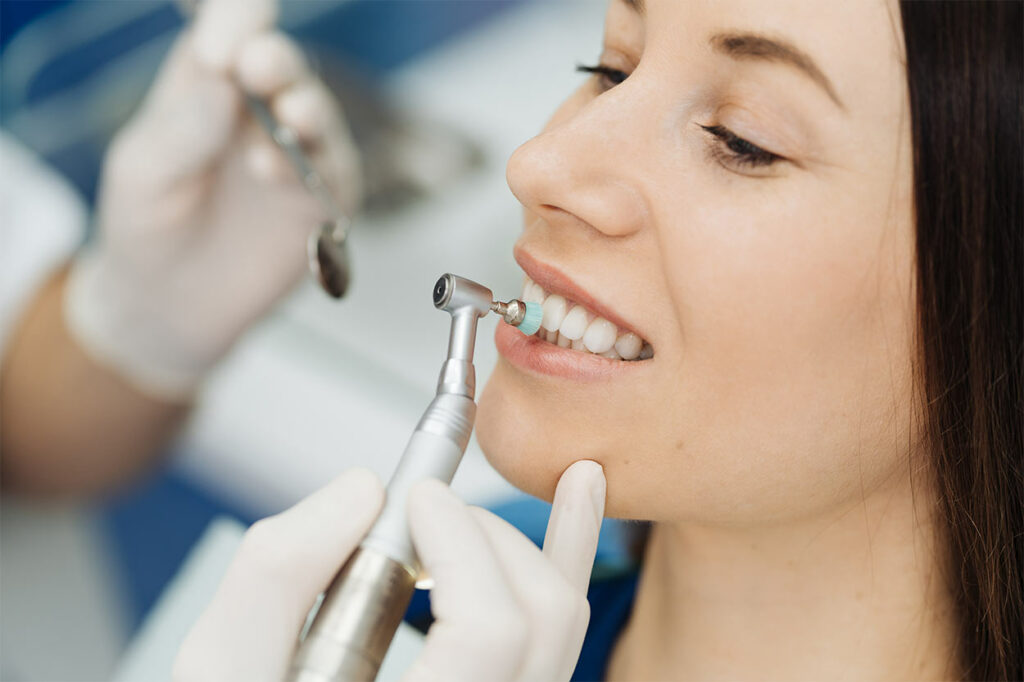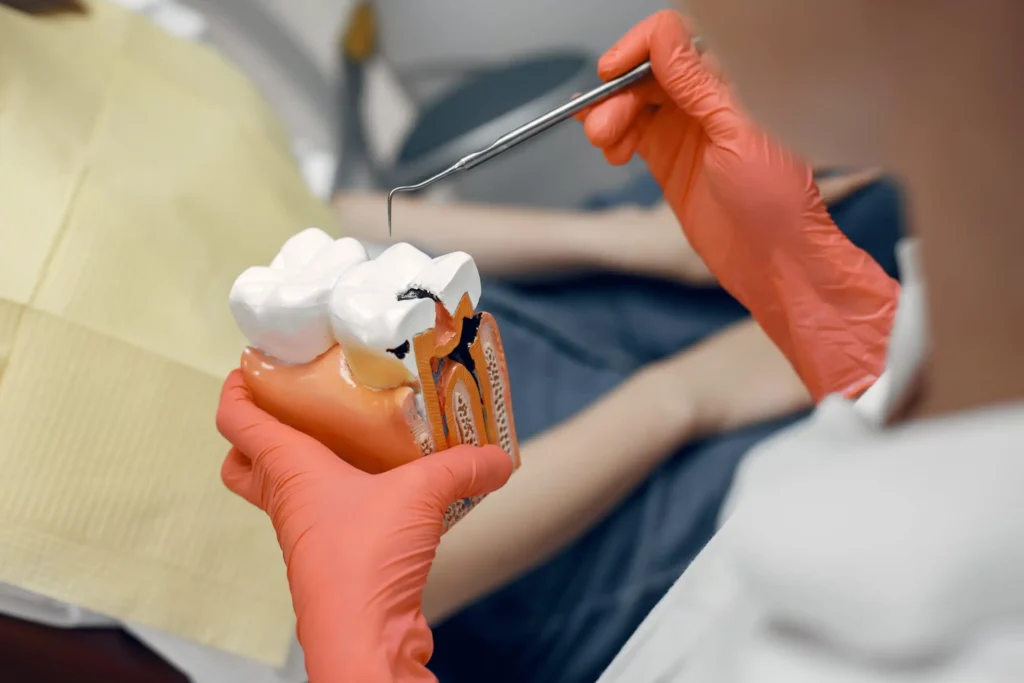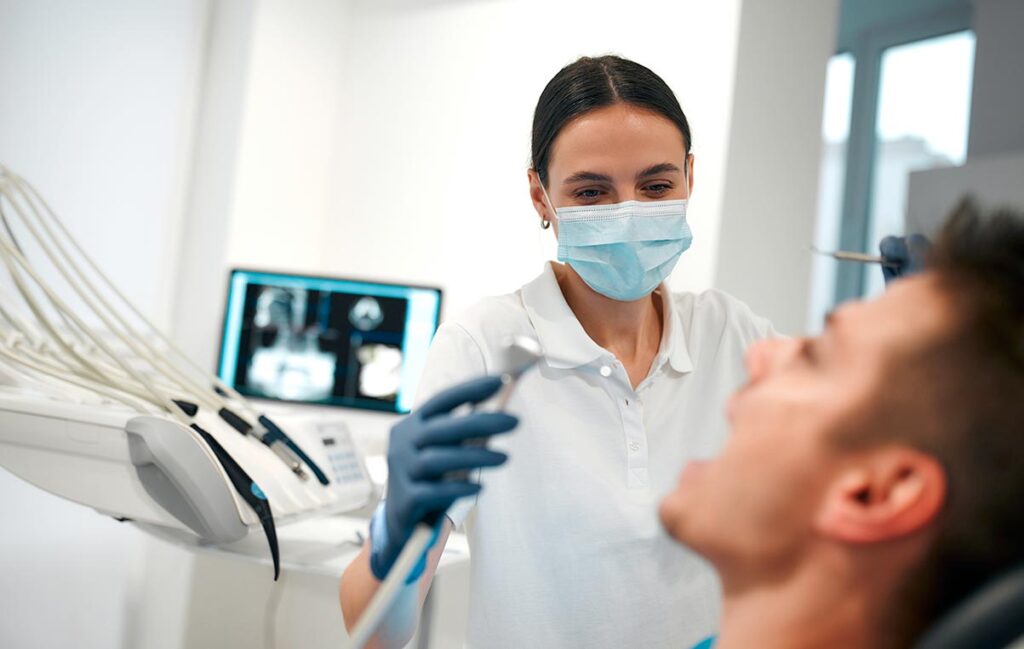Essential Tips For Maintaining Good Oral Health At Any Age
Keeping your teeth and gums healthy is important, no matter how old you are. Good oral health habits can help prevent problems like cavities, gum disease, and bad breath. By taking care of your teeth every day, you can make sure your smile stays bright and strong for a lifetime.
Dentists often say that good oral care should start early and be maintained throughout your life. This means brushing and flossing your teeth every day, eating healthy foods, and visiting your dentist regularly. These habits can make a big difference in how healthy your teeth and gums are. Teaching kids good oral hygiene at a young age can set them up for a lifetime of good dental health.
As we explore tips and tricks for maintaining good oral health, it’s important to remember that each stage of life has different needs. From kids learning how to brush to adults needing extra care for aging teeth, everyone can benefit from following simple and effective dental care practices. Let’s dive into some of the best tips for keeping your mouth healthy at any age.
Daily Oral Hygiene Practices for All Ages
Brushing your teeth twice a day is the most basic yet crucial habit for maintaining oral health. Use fluoride toothpaste and a soft-bristled toothbrush to clean all surfaces of your teeth, including the gums and tongue. Spend at least two minutes brushing to ensure that you remove plaque, which can lead to tooth decay and gum disease. Don’t forget to replace your toothbrush every three to four months or sooner if the bristles become frayed.
Flossing is equally important and should be done at least once a day. Flossing removes food particles and plaque from between your teeth, which your toothbrush can’t reach. Simply take a piece of floss and gently slide it between each tooth, making sure to curve it around the base of each tooth to clean beneath the gumline. For those who find traditional floss difficult to use, water flossers can be a great alternative to achieve similar results.
Nutritious Diet Tips for Strong Teeth and Gums
What you eat plays a big role in your oral health. Consuming a balanced diet rich in fruits, vegetables, dairy, and lean proteins helps keep your teeth strong and your gums healthy. Foods high in calcium, such as milk, cheese, and yogurt, are excellent for strengthening tooth enamel. Vitamin-rich foods like leafy greens and carrots can help fight against gum disease.
Limiting sugary snacks and drinks is also crucial. Sugar feeds the bacteria in your mouth, which produce acids that can harm your tooth enamel and lead to cavities. If you do consume sugary foods, try to do so during meal times rather than as snacks. This helps minimize the amount of time your teeth are exposed to sugar. Drinking plenty of water throughout the day can also help wash away food particles and neutralize acids, keeping your mouth cleaner and healthier.
The Importance of Regular Dental Check-Ups
Regular dental check-ups are vital for maintaining good oral health. Dentists can spot problems early, often before you even notice any symptoms. By catching issues like cavities, gum disease, or oral cancers early, treatment can be simpler and more effective. A typical dental visit includes a thorough cleaning to remove plaque and tartar that regular brushing and flossing might miss.
During these check-ups, dentists also provide personalized advice on how to improve your daily oral hygiene routine. They may suggest specific products like mouthwashes or recommend changes in your brushing technique. Professional cleanings and exams are an essential part of keeping your teeth and gums in top shape over the long term. Regular visits typically every six months can save you from more extensive and costly treatments down the line.
Special Oral Health Tips for Different Life Stages
Each stage of life brings its unique challenges and needs for oral health. For children, focus on building strong habits early. This includes teaching them to brush and floss properly and scheduling regular dental visits. Protect their teeth from cavities by reducing sugary snacks and encouraging water as the primary drink.
For teenagers and adults, orthodontic treatments like braces or Invisalign might be needed to correct alignment issues. Maintaining oral hygiene can be trickier with braces, so special tools like interdental brushes can help. For adults, managing stress and not using tobacco products can also contribute to better oral health, as these factors can influence gum health and the risk of oral cancers.
Seniors face different issues, such as dry mouth, which can lead to tooth decay. Staying hydrated and using saliva substitutes can be helpful. Regular dental visits remain important for monitoring changes in oral health, especially since health conditions like diabetes can impact your teeth and gums.
Boost Your Oral Health Today
Maintaining good oral health is essential, regardless of age. Daily practices like brushing and flossing, combined with a nutritious diet, can go a long way in preserving your dental health. Regular check-ups provide the professional care needed to catch issues early and keep your smile healthy. Specific needs may arise at different life stages, but a consistent approach to oral care can help you navigate these changes effectively.
If you’re looking to improve your oral health and get personalized advice, schedule your appointment with Reflection Cosmetic Dentistry. Let our dentist help you keep your smile bright and healthy at any age!





